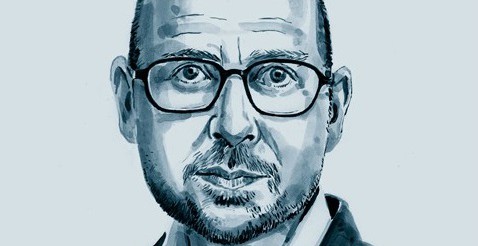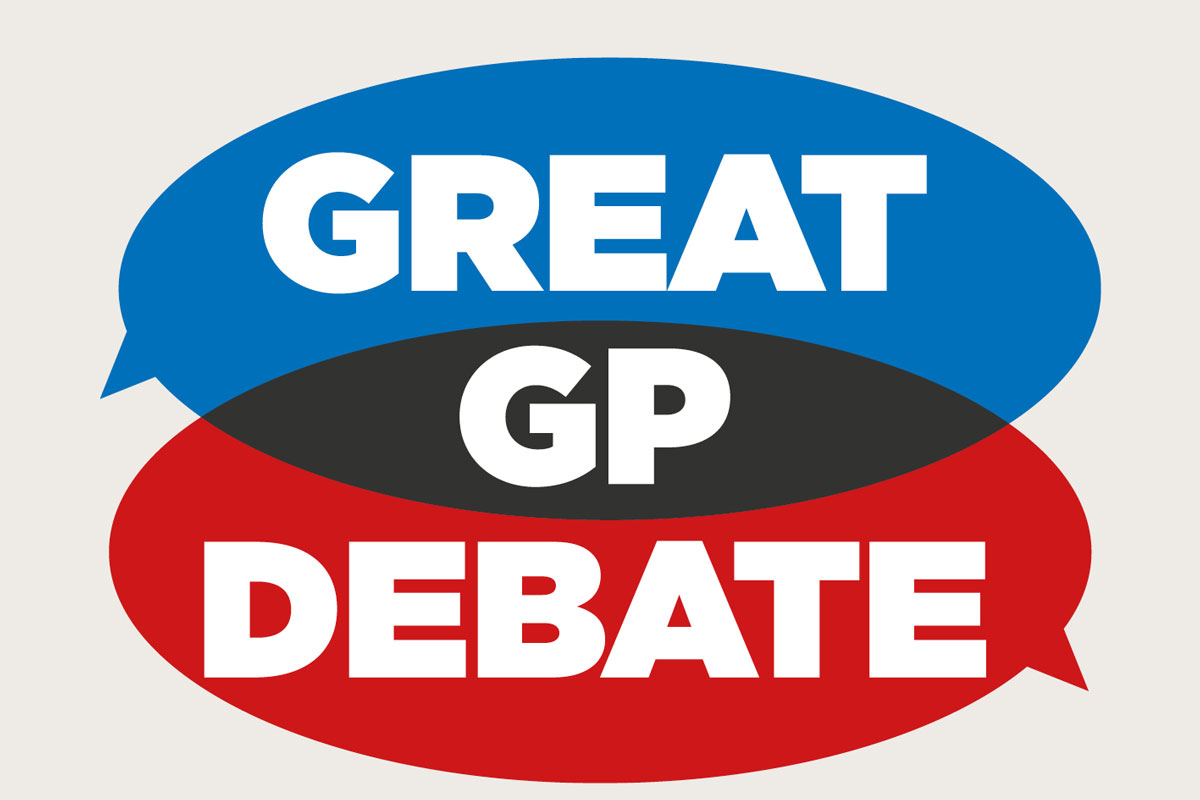GPs, it is time to face the elephant in the room


I recently stated that I had hope about the future of general practice. But let me try and manage expectation, this is no silver bullet, no matrix blue pill movement and no road to Damascus revelation.
We are past the tipping point in general practice, a recruitment crisis, a retirement crisis, a patient expectation crisis, a morale crisis and practices are failing daily. Those of us old enough to remember will know we have been here before. In the mid 1990s, GP post lay empty, the magazines were full of the word ‘burnout’ and general practice was destined to fail due to the burden of out-of-hours work.
GPs were working one in four rotas for generations and this position was no longer tenable; general practice was a ghost town. Then the unthinkable happened, we came together as co-ops and started to share on call shifts. This happened almost overnight and the effect was transformative both to morale, recruitment and retention; there was renewal. Make no mistake a seismic change is about happen again.
Here are some bitter truths
They say truth is like poetry, and everyone hates poetry, so here are some bitter truths. General practice will continue irrespective of what happens: even if there is no more money or GPs to recruit. The crisis we face is not about money it’s about ‘work-life balance’. Working in a hospital currently is a lot more appealing to young doctors than a chaotic general practice. Offering more money will have a paradoxical effect; doctors will simply work less for the same money. To think otherwise is denial.
My solution is elephant in the room, a solution so blinding obvious it is crushing us against the wall. The only solution is scale. We need to merger together. Federations won’t work as the bonds are too loose. Now many will simply stop reading, thinking: ‘I am off to cloud cuckoo land, on the back of a flying pig to see a screening of “La La land”. But read on.’
For scale means more cross cover, on-call systems, more consistency in clinical practice, more holiday cover, less administration, flexible working, financial security, diversification and that it’s easier to attract and recruit staff. It means better life work balance.
Doctors will work in a well paid and well organised environment, they won’t work in a highly paid but chaotic environment. If the working environment is better, then older doctors may decide to work longer. In the short term this could ease the workforce crisis.
I should be honest about the problems of a large practice. We currently manage nearly 40,000 patients. Patients don’t always like large practices because of reduced continuity, (but because of ubiquitous part-time working and out-of-hours organisations, traditional continuity is dead). Doctors also sacrifice some control and feel they are being ‘managed’. There is also a potential divide between the partner and the salaried doctors. Larger practices are not ‘super’, and no medical nirvana, but they are better than the current choke-hold most practices find themselves in.
Scale also gives you a voice. The BMA and the colleges have no vision and do not reflect the views of many working doctors. They have been unable to resist the largely pointless appraisal system, unable to rebut the CQC, unable to prevent the endless cycle of reorganisations, and unable to challenge NICE’s mindless guidelines. We are voiceless small units that have been divided and ruled to our detriment for decades.
If we allowed the current situation to continue then practices will fold, pass to the local health board, then corporations will step in as the only alternative. Doctors will have very limited control or input. This corporatisation is currently butchering the pharmacy and vet professions. We either elect to do something now or wait the inevitable.
Local practices are subject to historical petty jealousies and vanities, but we have more in common, than that which divides us. I would not presume to tell people how to merge, but merely say our practice has two themes: an administrative mantra (‘today’s work today’) and a clinical mantra (‘less medicine is better medicine’).
Brothers and sisters open your eyes see the reality elephant, don’t let your future be written by someone else. The only logical evolution of general practice is at scale. It’s time to change.
Dr Des Spence is a GP in Maryhill, Glasgow, and a tutor at the University of Glasgow
This is the second of a two-part blog from Dr Spence as part of our ‘Great GP Debate’ season. Read the first here. If you would like to write a piece on how you see the future of general practice, then please email the Editor at [email protected].
Pulse October survey
Take our July 2025 survey to potentially win £1.000 worth of tokens










